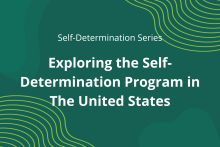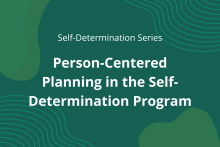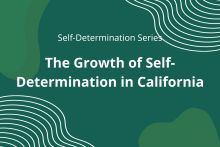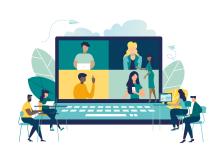Exploring the Self-Determination Program in The United States
By
Born from the desire of disability advocates and community members to create a more person-centered approach, self-determination programs are gaining traction in California. These programs offer a way for disabled community members to take back their agency and make their own choices with the support of their care team and families.





